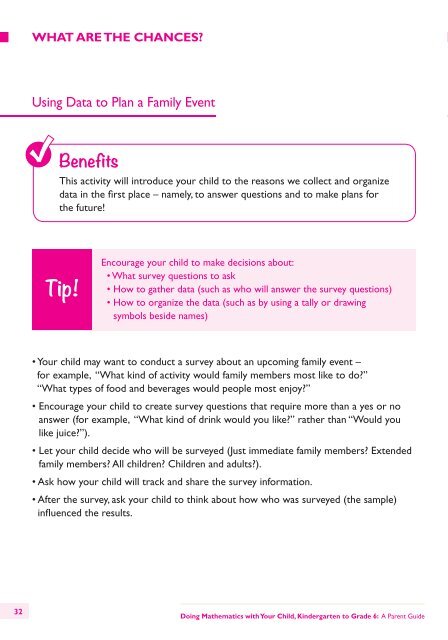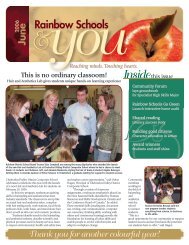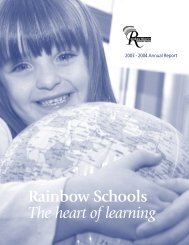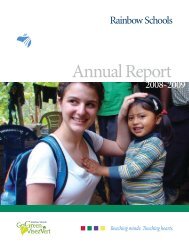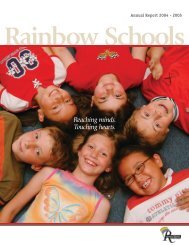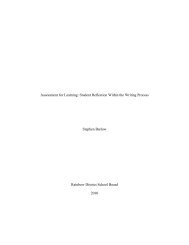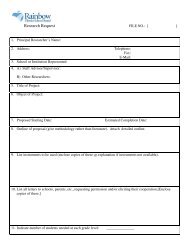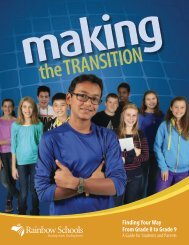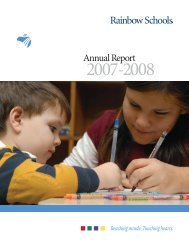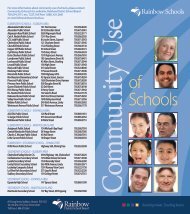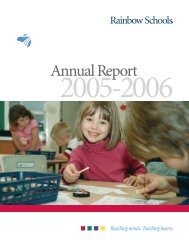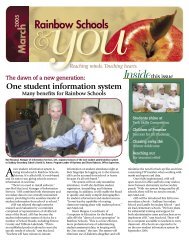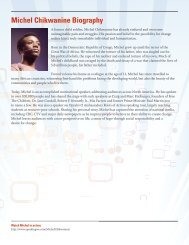Doing Mathematics with Your Child, Kindergarten to ... - EduGains
Doing Mathematics with Your Child, Kindergarten to ... - EduGains
Doing Mathematics with Your Child, Kindergarten to ... - EduGains
You also want an ePaper? Increase the reach of your titles
YUMPU automatically turns print PDFs into web optimized ePapers that Google loves.
what are the ChaNCes?<br />
Using Data <strong>to</strong> Plan a Family Event<br />
Data MaNaGeMeNt aND ProbabilitY<br />
The Often, Sometimes or Never Game<br />
<strong>Kindergarten</strong> <strong>to</strong> Grade 3<br />
Benefits<br />
Benefits<br />
This activity will introduce your child <strong>to</strong> the reasons we collect and organize<br />
data in the fi rst place – namely, <strong>to</strong> answer questions and <strong>to</strong> make plans for<br />
the future!<br />
Through games, you can introduce your child <strong>to</strong> the language<br />
mathematicians use <strong>to</strong> describe the likelihood of an event happening:<br />
certain, likely, unlikely, impossible and equally likely.<br />
Tip!<br />
Encourage your child <strong>to</strong> make decisions about:<br />
• What survey questions <strong>to</strong> ask<br />
• How <strong>to</strong> gather data (such as who will answer the survey questions)<br />
• How <strong>to</strong> organize the data (such as by using a tally or drawing<br />
symbols beside names)<br />
• Have your child draw pictures of or talk about things your family does always, often<br />
and sometimes and some things your family never does. Ask your child what other<br />
everyday events he or she could talk about by using this kind of language.<br />
• Try this game during a car ride. Call out events and have your child decide whether<br />
it is something that is likely, is not likely or will never happen. You are limited only by<br />
your imagination! For example:<br />
• We will swim in January.<br />
• We will swim outside in January.<br />
• A horse will fl y through our kitchen window.<br />
• The leaves will change colour in the fall.<br />
• A dinosaur is coming <strong>to</strong> the local zoo.<br />
• <strong>Your</strong> child may want <strong>to</strong> conduct a survey about an upcoming family event –<br />
for example, “What kind of activity would family members most like <strong>to</strong> do?”<br />
“What types of food and beverages would people most enjoy?”<br />
• Encourage your child <strong>to</strong> create survey questions that require more than a yes or no<br />
answer (for example, “What kind of drink would you like?” rather than “Would you<br />
like juice?”).<br />
• Let your child decide who will be surveyed (Just immediate family members? Extended<br />
family members? All children? <strong>Child</strong>ren and adults?).<br />
• Ask how your child will track and share the survey information.<br />
• After the survey, ask your child <strong>to</strong> think about how who was surveyed (the sample)<br />
infl uenced the results.<br />
ZOO<br />
32<br />
<strong>Doing</strong> <strong>Mathematics</strong> <strong>with</strong> <strong>Your</strong> <strong>Child</strong>, <strong>Kindergarten</strong> <strong>to</strong> Grade 6: A Parent Guide<br />
<strong>Doing</strong> <strong>Mathematics</strong> <strong>with</strong> <strong>Your</strong> <strong>Child</strong>, <strong>Kindergarten</strong> <strong>to</strong> Grade 6: A Parent Guide<br />
33


